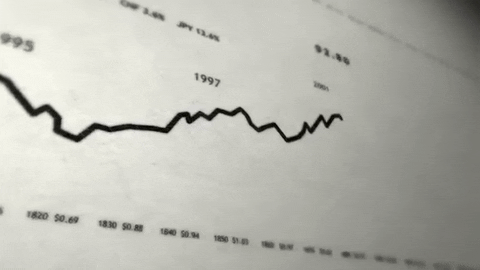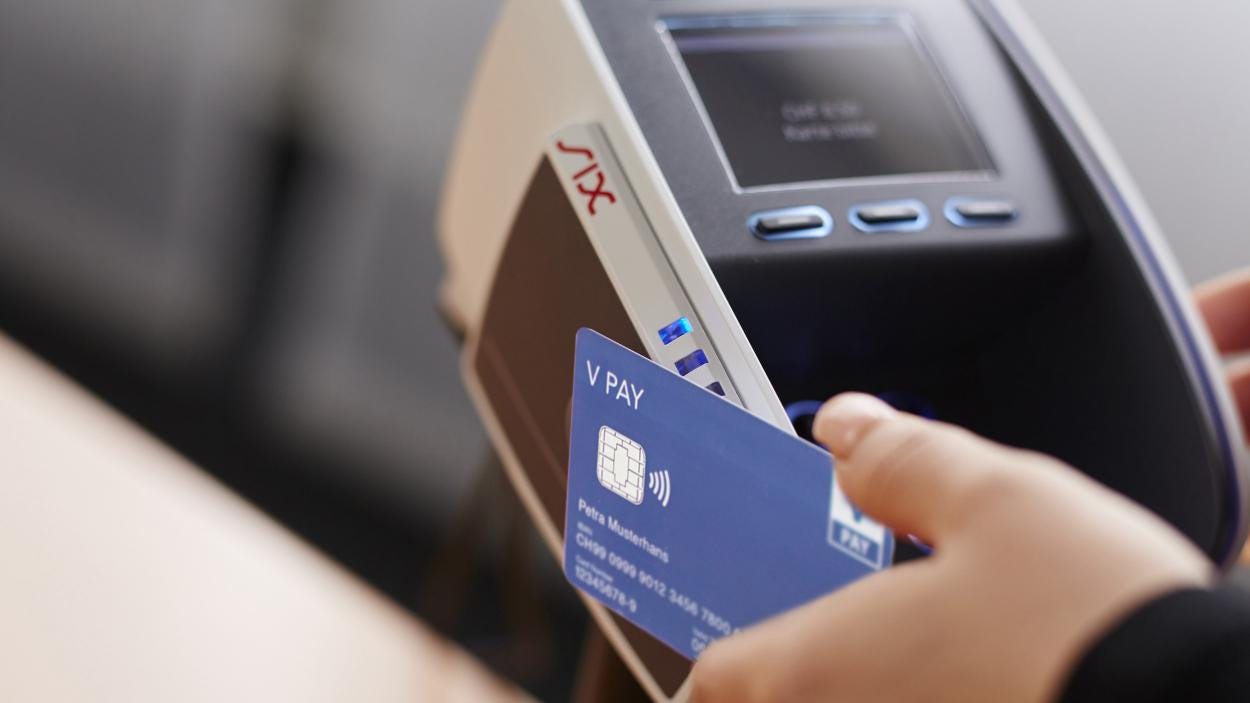
Dear Insider,
Are we in a sprint or a marathon?
Depending on who you ask, we are either almost finished with an extraordinarily difficult experience that falls upon mankind once in a generation - or barely through the first phase of a long, drawn-out battle with an unseen virus and its many side effects.
To listen to Swiss Minister of the Interior Alain Berset, there is hope at the end of the tunnel, but the Swiss population should not delude themselves into thinking that this tunnel is any shorter than the one leading down to Ticino, where Swiss German residents have been (dramatically) discouraged from going over this Easter weekend.
While there are hints that the curve may not be rising as drastically as it had been, the Federal Council took it upon itself to extend lockdown measures for at least one more week, until 26 April.
This means, that Switzerland may be just about halfway towards to the perfect desctruction of its well-oiled economic machine.
The Federal Council’s unprecendented economic booster measures notwithstanding, there is a rising realization that the long-term economic impact of this crisis will only grow and expound, the longer the government’s restrictive measures remain in place.
Even as the country experiences a slow and painful destruction of its economic power, there are certain positive aspects to be observed. While Swiss banks seem to be among the unexpeced benefactors of the coronavirus meltdown, they also find themselves confronted with unexpected moral dilemas which have been, up until now, unknown.
How to justify a payout to both your CEO and your shareholders while people on the street suffer from gross want and hunger?
After initially rebuffing FINMA’s pressures to cancel shareholder dividends, the country’s two flagship financial institutions, UBS and Credit Suisse, relented enough to announce a divided shareholder payout, split into two installments.
The solution will, in the end, satisfy no one. FINMA will view it as typical bankster rigging and the common man will see it for what it is - a way to have cake and eat it too.
In the end, we may be only halfway to the end of the perfect storm that Bill Ackman predicted on CNBC - a wall of destruction with a silver lining of opportunity.
The Briefing
In which we boil down the stories of the last seven days - just enough to make them digestible…

🏦 A Miete-y Matter
The Swiss real estate market was one of the hottest before the crisis hit. Now it finds itself in a pickle - a big one. Many businesses are beginning to refuse to pay their rent. Their landlords would technically be allowed to pursue legal steps in order to collect, but pubic sentiment is definitely not on their side. Meanwhile, Swiss government officials recently clarified that state-of-emergency laws do not directly apply to the payment of commercial rents. Until the storm passes - or new regulations are in place - landlords and tenants are left to haggle out deals on their own.
🕹 Towards a State-Sponsored Economy?
With unprecendented amounts of cash flowing from Bern to banks, businesses and bürger/bürgerrin around the country, economists have begun to muse about the viability of a state-controlled economy. Such a prospect - nigh unto heresy in during the Cold War - may seem far-fetched, but it is slowly and surely becoming a reality. Professor David Dorn from the University of Zürich doesn’t see a great danger…and yet…
👄 Read My Lips…
Clearly this crisis is making money a rarer and rarer thing - if you look at it from an entrepreneur’s point of view. Falling income, fewer customers and a market that has gone up in smoke - not a pretty picture to be sure. One business that likely doesn’t have to worry about a non-existent customer-base after the crisis ends is the Swiss railway system. Monika Ribar, President of SBB recently ruled out (for now…) a hike in ticket prices after the country returns to normalcy.

(Photo credit: 20minuten.ch)
👨👩👧 Not Enough for the Kids
One (of many) industries hit hard by the current situation is child-care. A vast majority of the 2 000+ day-care centres in Switzerland are privately-run and as SMEs face a suddenly non-existent client base. But they aren’t likely to be the hardest hit since their businesses are strongly supported by local authorities. The bigger victim will be the play schools which have fallen under lockdown rules and which have almost the same fixed costs as day-care centres, but with fewer “clients.” The 2 400 CHF being offered by Canton Zürich fails to cover the more than 2 500 CHF needed for rent.
🇪🇺 Rooting for the Union
European Union finance ministers have been working hard to put together a more than 500 billion euro aid package for member states. While that money will not flow directly to Swiss busineses, it is clear that the country’s economy would benefit from state support for its EU neighbours. If they fail to come up with a deal, Switzerland will suffer the consequences of lower demand from its largest trading parter - which accounts for some 60% of yearly trade volume.
The Numbers Game
All the numbers that matter in these troubled times…

🚢 40 million CHF
With no Aisian tourists - and no tourists in general - the Swiss tourism industry has been hit especially hard. Now the Swiss Tourismus will have its own ad budget - to the tune of 40 million CHF - to bring the country back in shape when things return to “normal.”
(Read more here from Der Bund here.)
🌹 20 million CHF
Spring is a time for flowers. But this year, not many people will be able to wander into a flower shop and load up on tulips, daffodils and other colorful plants for their gardens and balcony boxes. Things are actually so bad, that wholesalers are expected to send a full 20 million CHF worth of plants and flowers to the dump.
(Learn more in Der Bund.)
😷 25 300
What is the number that counts more than any other? The amount of coronavirus infections, of course. According to the latest report (as of Saturday, 11 April), Switzerland has seen 25 300 confirmed cases of Covid-19. That amounts to 295 cases per 100 000 inhabitants - one of the highest rates in Europe.
(Get the details on 20minuten here.)
📈 30 - 50 %
While the Bundesrat and its bank friends are handing out credit to SMEs one and all, some of the most vulnerable are Swiss startups. According to NZZ, a large percentage of them - in Zürich anyway - will be ineligible to apply for credit since they cannot show any yearly revenue yet. However, not all are suffering in the current crisis. ETH spin-off Beekeeper, which provise digital communications for distributed work forces, has seen a 30-50% increase in demand since the start of the downturn.
(Read the story in NZZ here.)

💰 2 billion USD
Oh, how generous! While the Federal Reserve is pumping billions (and yes, even trillions…) into the US economy, UBS has taken upon itself to commit a whopping 2 billion USD to support the financing of in-need companies in the US. Gestures are everything as they say…
(Read more here.)

💳 80 CHF
Who wouldn’t go for twice the size in today’s times? Twice the salary? Twice as long to pay your bills? What about twice the limit for contactless (PIN-less) card payments? With the fashion now turning decidedly against cash, card companies, including Swisscard, a nationwide leader, have decided to up the limit on PIN-less card payments from 40 CHF to 80 CHF.
The upshot is that, while nice from the client point of view, such a move will help relieve the pressure on banks and institutions who see ATMs (of which there are over 7 000 in Switzerland) as an increasingly expensive perk to offer.



